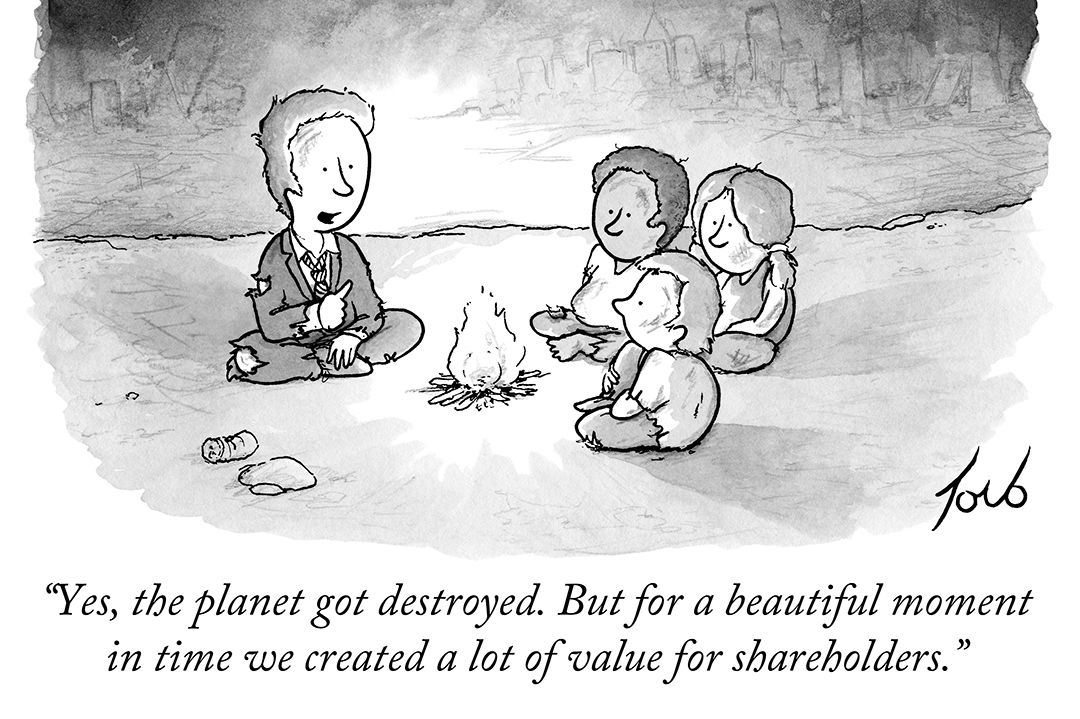Forget Superheroes: These Comics Take On Politicians and Rock Stars

Image: Michael Novak
When we think comics, we usually think spandex-wearing, ripped superheroes flying through CGI explosions in blockbusters like Avengers 15 (or whichever one we’re on). But Darren Davis thinks Trump, Oprah, Mark Zuckerberg. Davis is the brains behind TidalWave Productions (previously known as Bluewater Productions), a Portland-based comic book company he founded in 2000. Unlike the medium’s big-money studios, Davis produces chiefly nonfiction work.
Publishing though a division of Image Comics in 2001, Davis produced his first comic, The 10th Muse, which sold well. But “success” is a relative term in the world of comics, Davis learned. Big publications in the industry’s heyday moved a lot of copies: Marvel’s 1991 release of X-Men Vol. 2 #1 sold more than 7 million. But lately, a hit comic might sell only 100,000. When Davis launched his own company, he knew he would have to find a new niche to stay afloat. Bizarrely, it was the media’s sexist coverage of the 2008 presidential election that led to the eureka moment.
“Clinton and Palin were being treated unfairly in the press,” explains Davis. “They weren’t talking about what McCain or Obama were wearing.”
In response, TidalWave launched its Female Force series to showcase influential and powerful women (including Clinton and Palin). The series’ positive reception told Davis he was onto something. (“I don’t have an agenda with these,” says Davis, saying he stays out of overt politics. “The agenda is for them to sell.”) Today, the company has produced stories about everything from the assassination of Osama bin Laden to the life story of rocker Alice Cooper. Most recently, his biography of James Comey, part of TidalWave’s Political Power series, capitalized on the former FBI director’s well-publicized book tour.
“We have to make sure that we get the likeness down pat. We want to get proportions of bodies and that type of stuff right. It takes a really good artist to be able to do that,” explains Davis, noting that, due to licensing issues, the company doesn’t use specific photos of flesh-and-blood celebs as a direct basis for an illustration.
“With comics,” Davis says, “you get to see things happen that the news might not show. We can go anywhere in the world.”




